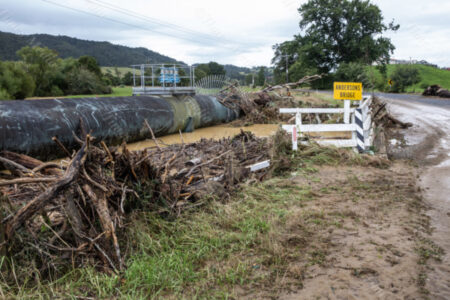
- By Naisi Chen, Labour List MP based in Botany
The regions devastated by Cyclone Gabrielle are special to so many people.
During the past few weeks, I’ve felt that connection come through in the drive to support these communities to get back on their feet.
It’s been incredible to see so many people here in East Auckland making donations and offers of assistance.
To support this, our Government has established the new Cyclone Gabrielle Appeal Fund.
This will complement existing donation appeals, and help to ensure that local and international donations are channelled back to the communities and projects that need them the most.
This includes medium to long term recovery projects that help to build resilience for the future, as well as fixing the facilities where people come together, like sports clubs, marae or community halls.
Just like with the earthquakes in Christchurch and then Kaikōura, the legacy of the recent extreme weather is going to be with us for many years to come.
As a Government, we’re focused on supporting and empowering local communities to rebuild in the way that works best for those communities.
We’re committed to standing shoulder to shoulder with every affected region as they recover – backing them to lead their local responses.
The new Cyclone Gabrielle Appeal Fund is just one of the ways that we’re helping to do that.
By chipping in, people across New Zealand and around the world, can help our cyclone damaged regions to build back better, safer, and smarter.
If you want to learn more about it, or if you would like to make a donation, you can head to the website: www.cycloneappeal.govt.nz
Our Government has also moved quickly to put in place a range of measures to support affected New Zealanders.
For example, our community support package has helped to provide immediate relief for individuals, families, and households.
On top of that, we’re providing $25 million in grants to help businesses in cyclone-affected regions clean up and get back on their feet.
Our priority is to get this initial emergency support out as fast as possible.
Those who are on the ground in communities know how to do this most effectively, so we’re working together.








